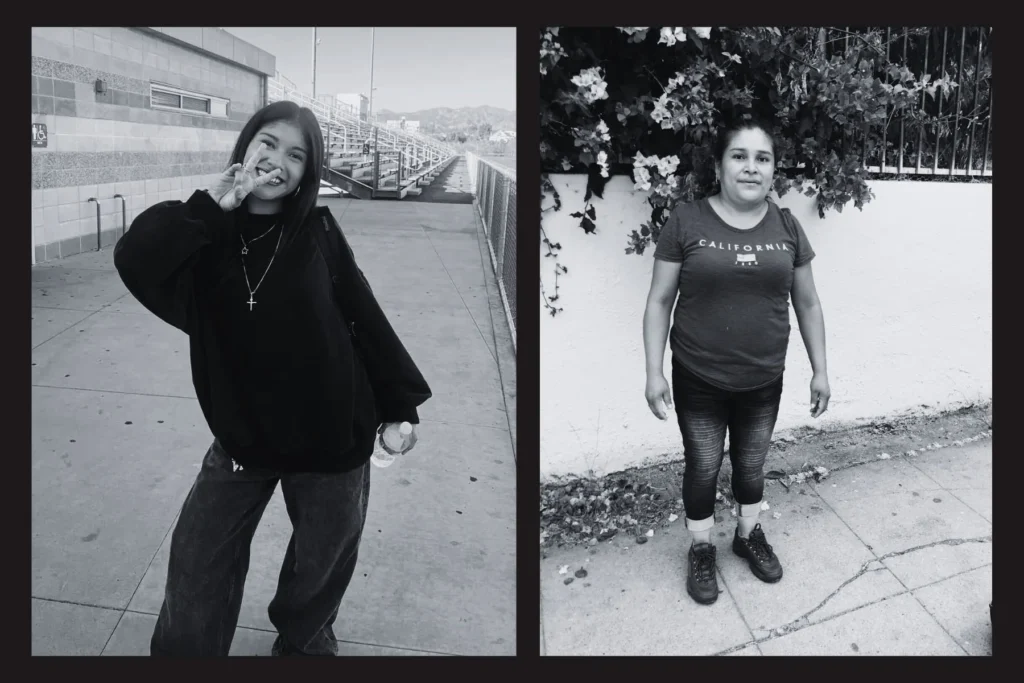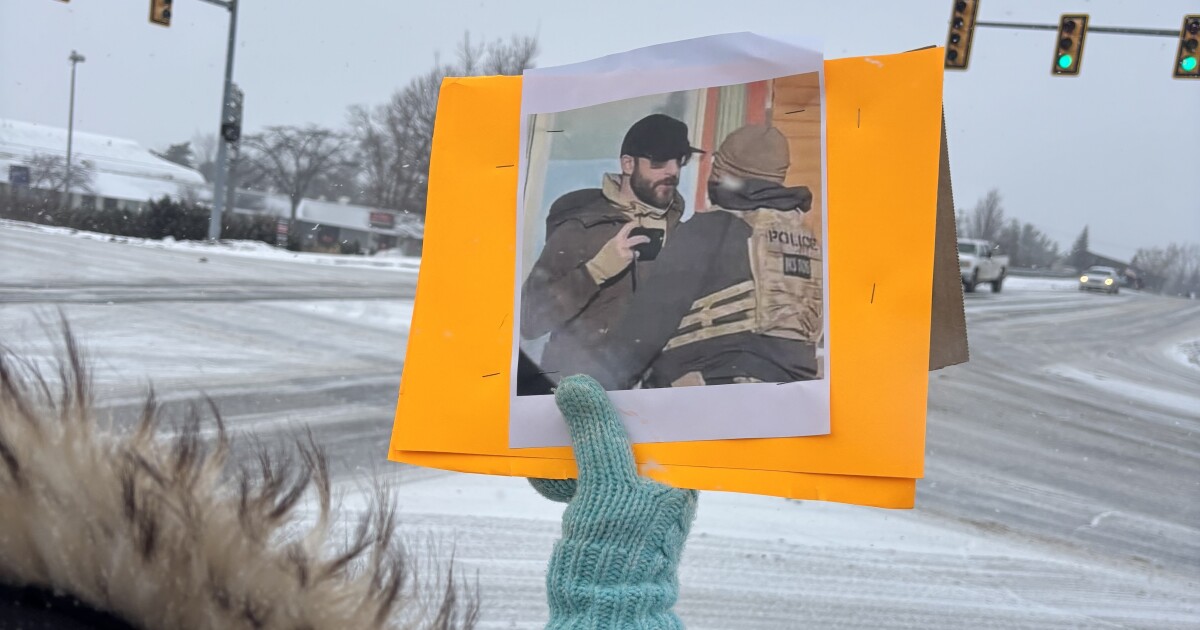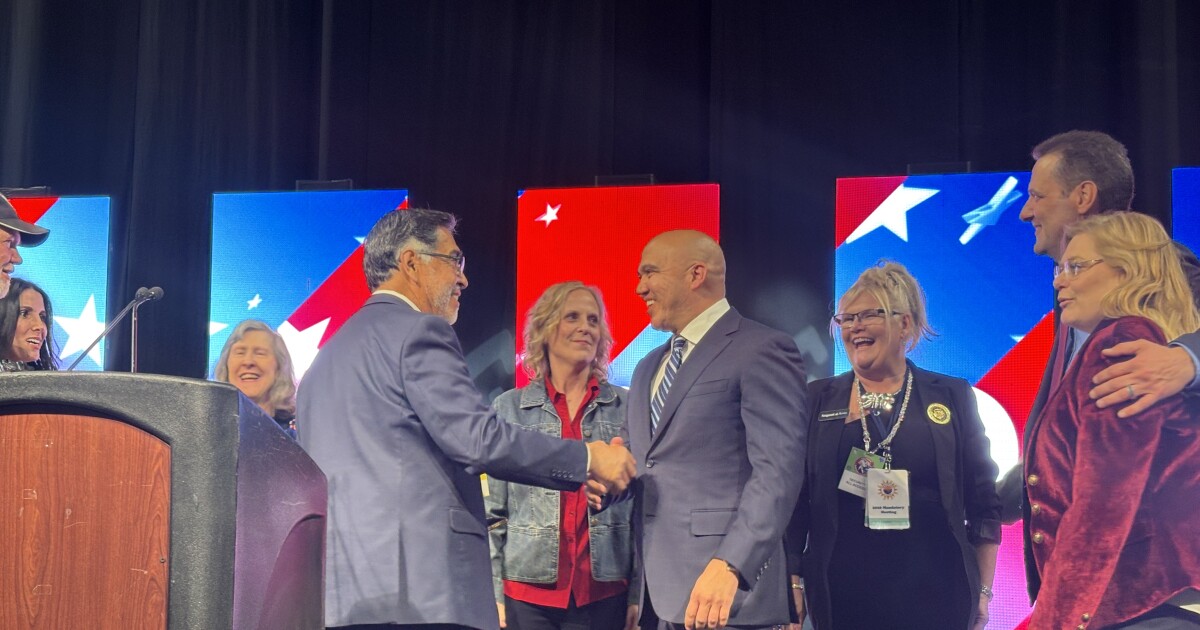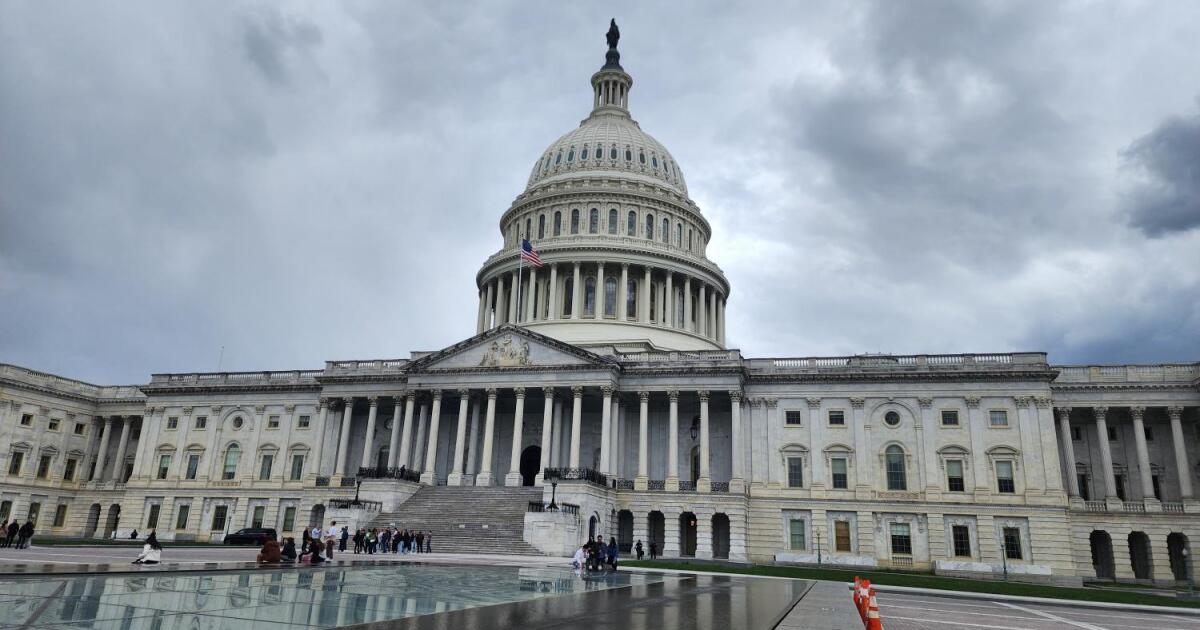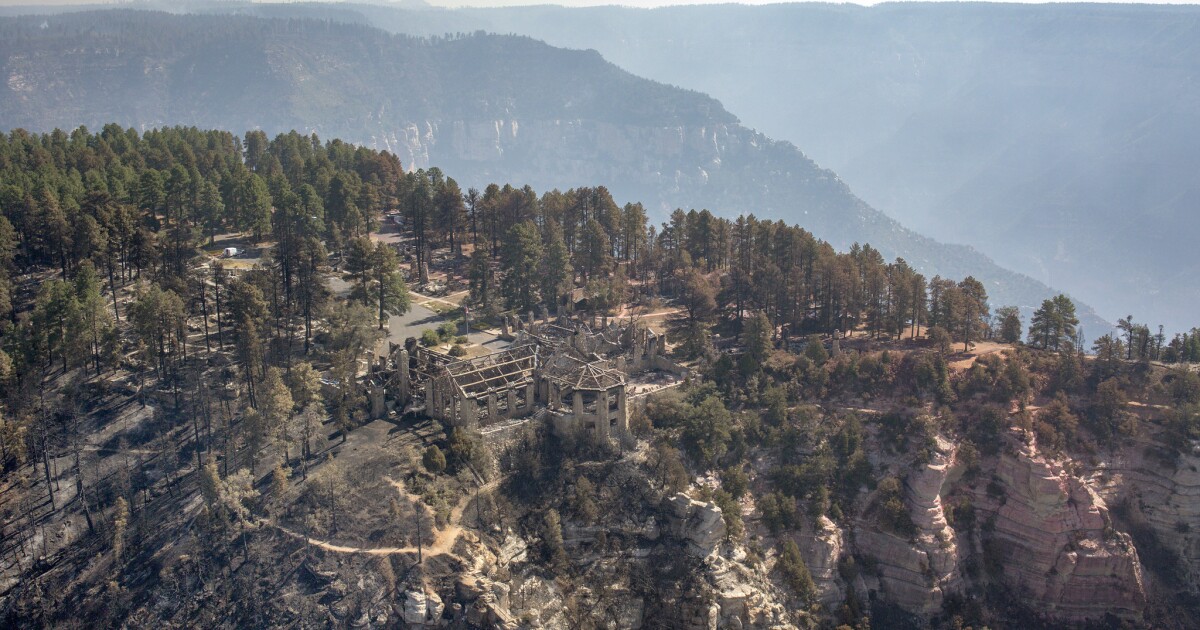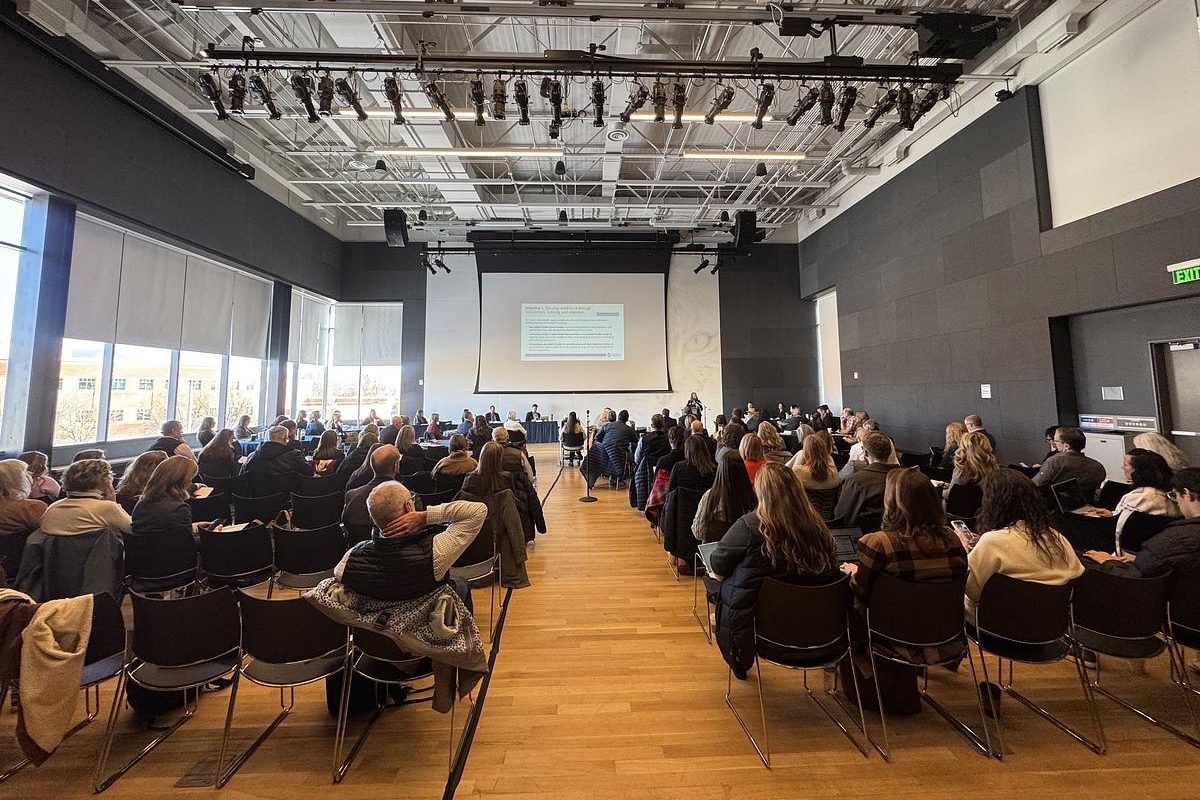This story was produced by The 19th and reprinted with permission.
On July 4, Nory Sontay Ramos stepped off a flight from San Antonio into a country she hardly recognized: Guatemala.
The 17-year-old’s summer plans took an unexpected turn. After concluding 11th grade with honors and competing in track finals, Sontay Ramos looked forward to cross-country training. But on June 30, during what seemed like a routine immigration check-in, everything changed for her and her mother, Estela Ramos, both undocumented.
“ICE took us to a room, and they ended up telling my mom, ‘Your case is over, so we have to take you guys with us,'” Sontay Ramos recounted. Despite their lawyer’s protests, federal agents detained them.
By July 4, they found themselves deported to Guatemala, a place they hadn’t lived in over a decade. This Independence Day marked the end of their American dream. Sontay Ramos is uncertain about the future of her Los Angeles life, including friends and school.
Their lawyer has filed a motion to reopen the case with the Board of Immigration Appeals, but further details remain undisclosed. The quick change in Sontay Ramos’s life, just a year from high school graduation, left her confused and saddened.
Under President Trump’s administration, mass deportations surged, affecting undocumented immigrants without criminal records, like Sontay Ramos and her mother. Many attempting to gain legal status have been detained during routine check-ins. Civil liberties groups argue that expedited deportations deny immigrants due process. With Trump’s One Big Beautiful Bill Act allocating $150 billion for deportations, more undocumented individuals, including those who arrived as children, face removal.
Between January 20 and June 11, more than 93,800 people were deported, with ICE doubling arrests compared to the same period in 2024, according to the Deportation Data Project. Of those deported, 61% had no criminal records, and nearly 90% were men, highlighting the unusual case of Sontay Ramos and her mother.
While the Trump administration hasn’t disclosed the number of minors deported, only about 3% of removals involved children. High-profile cases, such as the deportation of a 9-year-old boy in California, often make headlines. In contrast, Sontay Ramos and her mother’s quiet return to Guatemala went unnoticed, leaving them to contact family using internet access.
At six years old, Sontay Ramos fled Guatemala due to violence. A gang member threatened her mother, once injuring her severely. In the United States, they sought safety, but the transition was challenging. They left behind family members, and Sontay Ramos struggled to adjust to life in Los Angeles as an Indigenous Guatemalan fluent in K’iche’, facing language barriers.
Jennifer Ramos, her cousin, helped her learn English. Over time, Sontay Ramos and her mother adapted; her mom worked as a seamstress until health issues arose. Their deportation separated them from loved ones in Los Angeles, where ICE raids have intensified under Trump.
Los Angeles, a sanctuary city, faces legal battles with the Trump administration over immigration policies. Before deportation, Sontay Ramos led a life similar to her American peers, enjoying Netflix shows and music, and excelling in taekwondo, which gave her confidence.
Her cousin, Jennifer Ramos, expressed fear before their immigration check-in, suggesting they skip it. But Estela Ramos reassured them, believing their lawyer’s advice. Now, Jennifer Ramos doesn’t know when she’ll see her family again.
Manuel Guevara, a coach at Sontay Ramos’s school, fears more deportations. He notes that some parents avoid school events due to immigration raids, with some families considering self-deportation. Guevara worries that language barriers might prevent families from understanding immigration paperwork.
Guevara fondly remembers Sontay Ramos as a bright student on the brink of success. Her teachers, classmates, and supporters raised nearly $7,000 through a GoFundMe campaign, providing some comfort.
If unable to return to the U.S., Sontay Ramos plans to continue her education in Guatemala. Guevara believes in her potential, saying, “She was about to reach cruising altitude.”
“`
—
Read More Kitchen Table News

